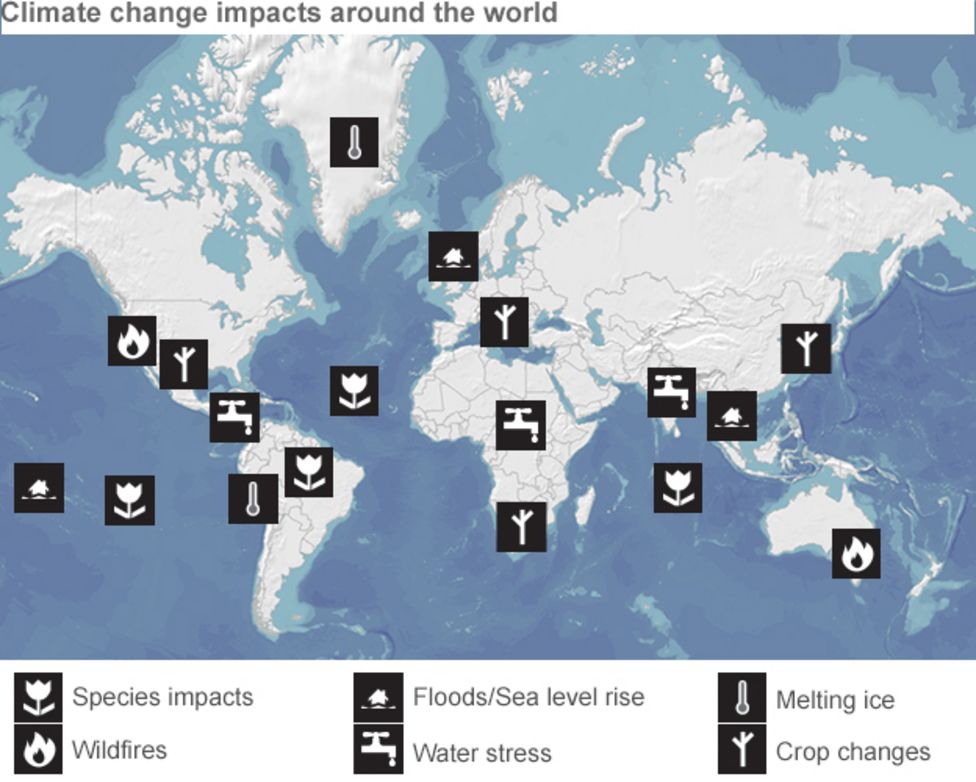
The recent UN Summit unveiled a series of groundbreaking climate agreements that promise to reshape global climate policies and actions. These new agreements mark a significant milestone in international efforts to combat climate change, aiming to limit global warming, enhance sustainability, and bolster resilience against climate-related impacts. This article delves into the implications of these agreements, exploring their potential global impact and what they mean for governments, businesses, and individuals alike.
Overview of the New Climate Agreements
At the UN Summit, world leaders and climate experts announced a set of new climate agreements focused on:
- Strengthening Nationally Determined Contributions (NDCs): Countries are committed to updating and enhancing their NDCs, which outline their targets for reducing greenhouse gas emissions. These enhanced commitments aim to accelerate progress towards the goals of the Paris Agreement.
- Mobilizing Climate Finance: Developed nations have pledged to increase financial support for developing countries to help them transition to low-carbon economies and adapt to climate impacts. This includes both public and private sector investments in green technologies and sustainable development.
- Promoting Climate Resilience: New initiatives are designed to bolster resilience in vulnerable regions, focusing on infrastructure development, disaster preparedness, and community-based adaptation strategies.
- Advancing Technological Innovation: The agreements emphasize the role of technology in addressing climate change, promoting research and development of clean energy solutions and climate-smart technologies.
Implications for Global Climate Policy
The new climate agreements hold several critical implications for global climate policy:
- Enhanced Ambition and Accountability: By strengthening NDCs, the agreements signal a higher level of ambition and accountability among nations. This increased commitment is crucial for meeting the Paris Agreement’s temperature goals and limiting global warming to 1.5°C above pre-industrial levels.
- Increased Climate Finance: The commitment to mobilize additional climate finance addresses one of the most significant barriers to climate action in developing countries. This increased funding will support green projects, foster sustainable development, and enhance capacity-building efforts.
- Strengthened Climate Resilience: By focusing on resilience-building, the agreements recognize the need for adaptive measures in the face of ongoing and future climate impacts. This approach helps communities better withstand and recover from climate-related disruptions.
- Innovation and Technological Advancements: The emphasis on technology and innovation highlights the critical role of scientific advancements in addressing climate change. Investments in clean energy, carbon capture, and other technologies will drive the transition to a low-carbon economy.
Impact on Governments and Policy Makers
For governments and policymakers, the new climate agreements present both opportunities and challenges:
- Policy Development and Implementation: Governments will need to revise and implement policies to align with their enhanced NDCs. This may involve new regulations, incentives for green investments, and support for renewable energy initiatives.
- International Collaboration: The agreements underscore the importance of international cooperation. Countries must work together to share knowledge, technologies, and resources to achieve collective climate goals.
- Monitoring and Reporting: Enhanced accountability mechanisms will require governments to improve their monitoring and reporting practices. Transparent tracking of progress and emissions reductions will be essential for maintaining credibility and trust.
Business and Economic Implications
Businesses and the broader economy will also experience significant impacts from the new climate agreements:
- Investment Opportunities: The increased focus on climate finance and technological innovation will create new investment opportunities in green technologies, sustainable infrastructure, and low-carbon solutions.
- Regulatory Changes: Companies may face stricter regulations related to emissions reductions and environmental impact. Adapting to these changes will be crucial for compliance and maintaining a competitive edge.
- Market Shifts: As governments and consumers prioritize sustainability, businesses that adopt green practices and products will likely benefit from growing market demand. Conversely, industries reliant on fossil fuels may face increased scrutiny and shifting market dynamics.
Role of Individuals and Communities
Individuals and communities are also key players in the global response to climate change:
- Adopting Sustainable Practices: Individuals can contribute by adopting sustainable practices, such as reducing energy consumption, supporting green products, and minimizing waste.
- Advocacy and Engagement: Community engagement and advocacy are vital for driving local climate action and holding governments and businesses accountable. Grassroots efforts can amplify the impact of global agreements and foster a culture of sustainability.
- Education and Awareness: Raising awareness about the implications of the new climate agreements can empower individuals to make informed decisions and participate actively in climate solutions.
Conclusion
The new climate agreements announced at the UN Summit represent a pivotal moment in the global fight against climate change. By enhancing national commitments, mobilizing climate finance, promoting resilience, and advancing technological innovation, these agreements lay the groundwork for a more sustainable and resilient future. Governments, businesses, and individuals all have crucial roles to play in realizing the goals of these agreements and ensuring their successful implementation. Through collective action and commitment, we can work towards a future where climate resilience and sustainability are at the forefront of global priorities.
4o mini

